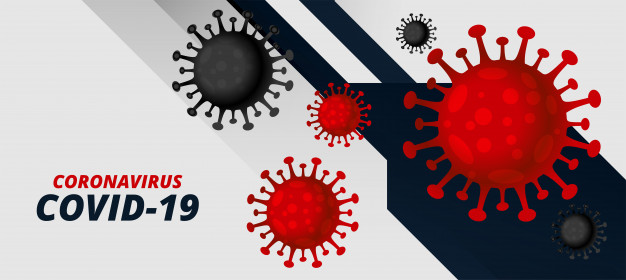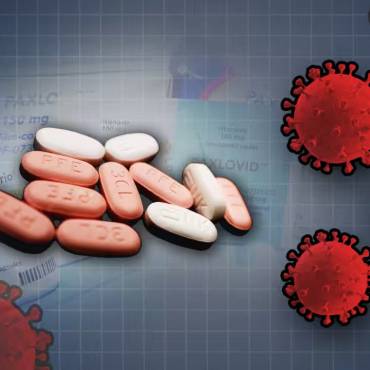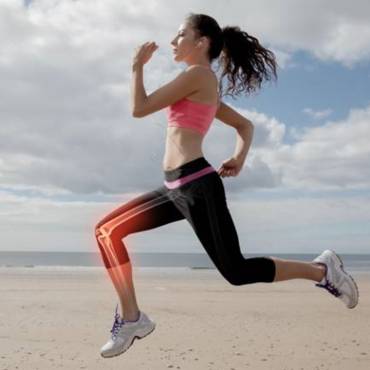The coronavirus disease spread person to person contact via droplets, expelled from the nose or mouth when the infected person sneezes, or cough.
The rapid spread of the coronavirus disease has sparked an alarm worldwide. The world health organization (WHO) has declared the expanding infectious disease, a pandemic. Countries around the world are doing their best to halt the spreading of the transmission of a deadly virus. A growing number of countries have introduced a series of preventive measures including social distancing to slow the spread of the COVID-19. Meanwhile, scientists are working on a potential treatment that includes vaccines; some even have begun clinical trials to test the new medicines and vaccines. Governments are creating more hospitals to care for increasing numbers of infected persons.
The novel coronavirus is originated from the family of viruses that leads to respiratory diseases like severe acute respiratory syndrome (SARS). The coronavirus disease, also known as COVID-19, spreads through human to human transmission. If a person comes in contact with the virus, he/she may develop COVID-19, a respiratory syndrome which transmitted through respiratory droplets. Imagine if you are sitting next to someone with COVID-19 positive on a bus or in the lecture room. Suddenly the person coughs or sneezes. If he don’t cover his mouth and nose, he could expel the droplets either from his nose or the mouth. This way, you might get contracted with the virus via respiratory droplets.
Or, you meet someone who has contracted the coronavirus disease, and they touched their nose or mouth with their hands. When that person shakes hand with you, he/she can transmit the infection to your hand. If you then don’t wash your hands and touch your nose and mouth, you may accidentally come to get the novel virus. Recent studies suggest that the virus may also be present in the faeces and could contaminate your toilets.
Does a mother transmit the coronavirus disease to her baby?
So far, no evidence shows whether a woman can transmit the novel coronavirus disease through childbirth or while breastfeeding. The CDC recommends that mothers who tested positive for COVID-19 or are at high risk of developing infectious disorder should stay away from their newborns for some time. This temporary separation helps to reduce the risk of mother-to baby transmission. Women should speak to their doctors and discuss the risk and benefits of breastfeeding during the expanding coronavirus pandemic. However, the CDC has not released any guidelines, yet that can confirm women should avoid breastfeeding their babies. However, nursing mothers are advised to take precautionary measures during the novel coronavirus outbreak. Take a look at the precautionary measures:
-Wash your hands with soap and water before holding your baby
-Sanitized your hand after touching a breast pump or other baby products.
-Wear a mask even while breastfeeding
-Clean the breast every time before you use
Can someone spread Coronavirus even if they don’t show symptoms?
According to the WHO, the chances of getting the pandemic from someone who is not showing any symptom are very less. But according to recent reports of China, there are some cases, where people with a novel coronavirus infection do not show symptoms, and they don’t know they get sick. According to the CDC, infected persons who show symptoms are more likely to transmit the virus. Some people may pass the virus even before they start to show symptoms of the dangerous disease. It usually takes 2 to 14 days to show symptoms after the exposure to the COVID-19.
Can you pick the virus from an infected surface? Well, experts don’t know yet if the novel coronavirus can survive on kitchen counters, doorknobs, bathroom counters, the handle of the refrigerator, or elevator buttons etc. But, it is believed, like other viruses, the survival time for a virus can range from several hours to several days. There are other factors as well that may play a role in how long a virus can survive on a surface. But since there is no evidence, it is best to clean the surface thoroughly with a disinfectant.
Please follow the guidelines given by CDC to protect yourself against this expanding coronavirus pandemic.
Also Read: Things People with Asthma Needs To Know About COVID-19



